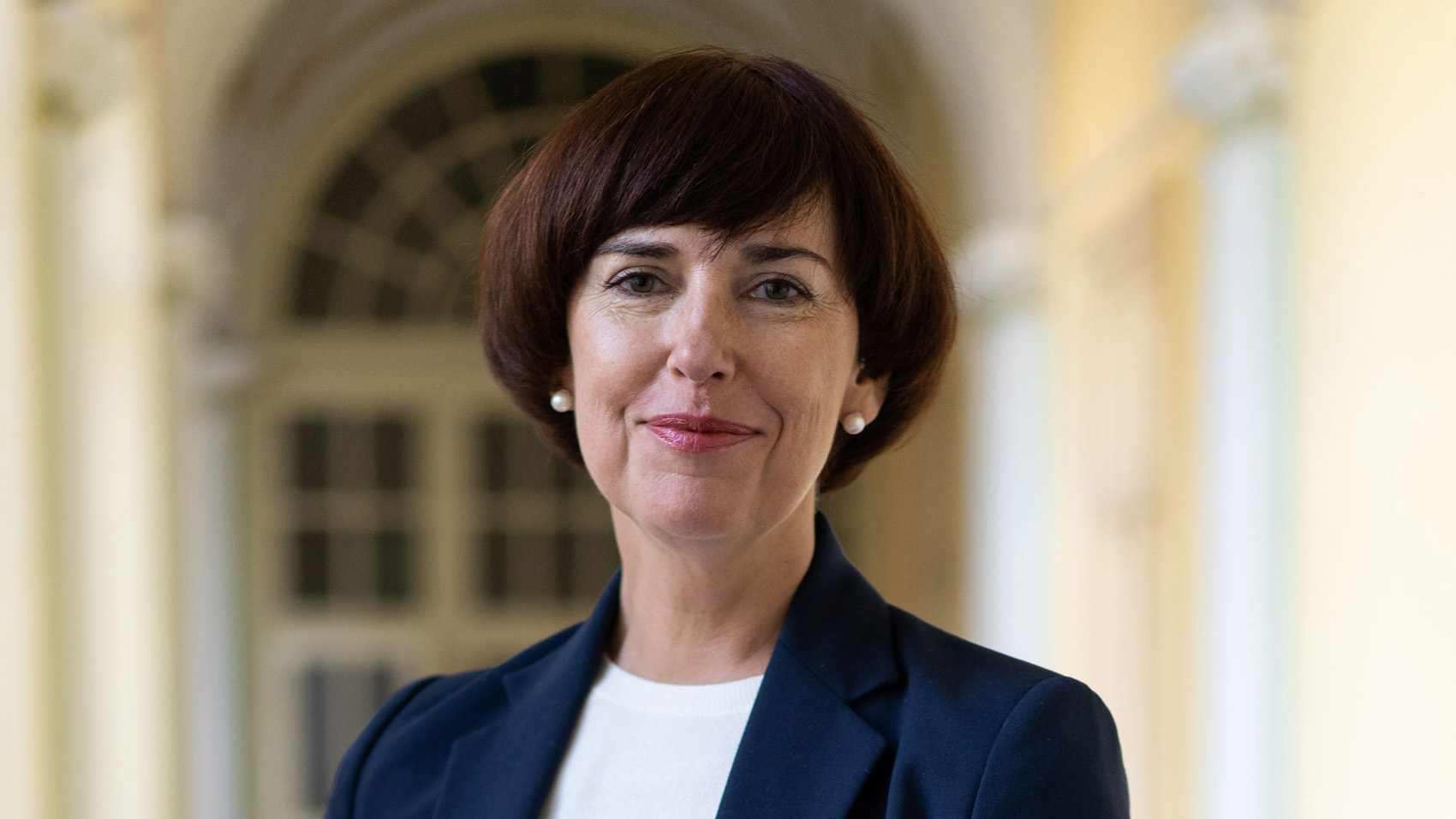Another meeting of the Academic Board of Lviv Polytechnic National University was held on November 28.
The issues, raised at the meeting, included why it is important for the university to be in the rankings. Liliia Zhuk, Vice-Rector for Education and Strategic Development, spoke on this issue, focusing on the main factors of an educational institution’s participation in the rankings:
– First of all, it is the strategic goal of Lviv Polytechnic not only to be present, but also to take top positions among Ukrainian institutions of higher education. Secondly, the presence in the rankings and high positions contribute to the attraction of Ukrainian and international students, because the rankings give potential entrants and their parents the opportunity to compare universities. Thirdly, the rankings contribute to the growth of budget funding, therefore the high positions of Lviv Polytechnic should play in favour of the growth of funding.
Participation in international rankings also attracts the attention of foreign partners and contributes to the development of international cooperation, in particular scientific cooperation. And, of course, it stimulates competition and improves the quality of educational services.
The speech was accompanied by a presentation on relevant topics, namely: rankings, statistics, student survey results, etc. The topic of the information influence of Lviv Polytechnic’s position in international rankings on the choice of a university by entrants was also raised. The speaker showed the list of rankings in which Lviv Polytechnic is represented, and emphasized the places that our University took this year. We are talking about international and national rankings, including Times Higher Education, and QS rankings.
Today, Lviv Polytechnic is included in four QS rankings: the general rankings, i.e. the rankings of 1,500 universities in the world, the rankings of European universities, the rankings of Eastern European universities and the QS rankings, in which it participated for the first time this year. These rankings are focused on indicators of social and environmental sustainability of higher education institutions.
